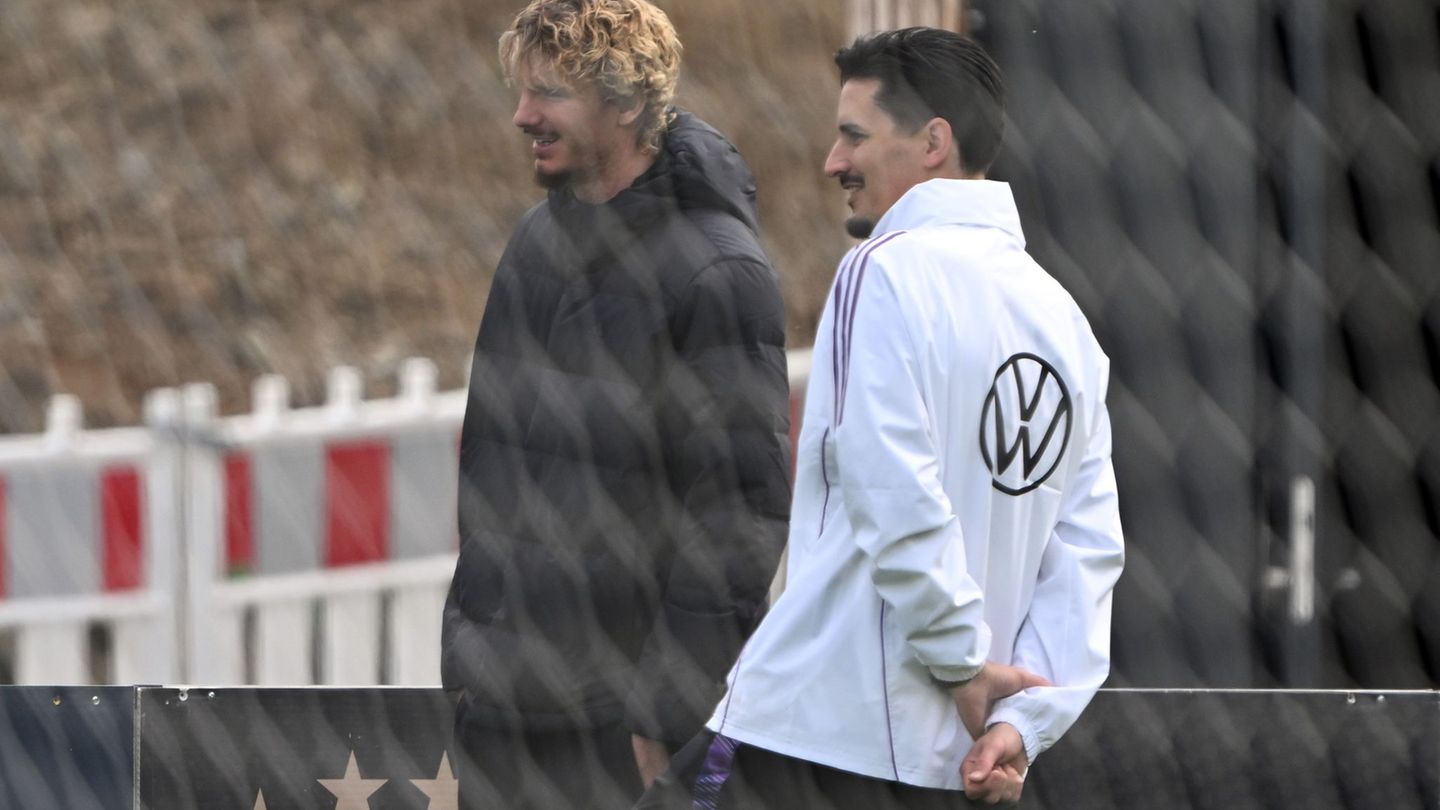In the “Lion’s Den”, founders fight for the deal of their lives, now in its 12th season. But a current evaluation shows that many of the previous DHDL start-ups are financially shaky despite the deal – or are already broke again.
From Monday, the “Lion’s Den” will once again be about big founder dreams. In the 12th season of the successful TV show, young start-ups are once again fighting for the favor of prominent investors. Because a deal and the associated attention has already put some business ideas on the fast track – and individual founders even become millionaires.
However, investing in a lion is by no means a guarantee of success. In a current evaluation of past deals, the credit report Creditsafe even comes to an extremely critical conclusion. According to this, more than every fifth start-up that has cleared a deal in the first eleven seasons has already gone bankrupt or disappeared from the market. Creditsafe also certifies that many still active DHDL companies have a “weak credit rating” and a “high risk” of bankruptcy.
Creditsafe is an international credit agency that, like Schufa, creates credit ratings and provides credit reports. For the evaluation dem star is available and which the “Handelsblatt” first reported on, Creditsafe looked at all 592 business ideas that could be seen in the “Lion’s Den”. According to the evaluation, there was a deal on the show for 53 percent of them, slightly more than every second case. If you deduct the deals that did not come about after the show was recorded, the deal rate is still 42 percent.
“Lion’s Den” startups have a high risk of insolvency
According to Creditsafe, 21 percent of these 248 start-ups with Löwendeal went bankrupt or dissolved. One of the most sensational bankruptcies was certainly the men’s outfitter Von Floerke from season 2, whose founder David Schirrmacher instigated a public mud fight against his lion investor Frank Thelen and then crashed into bankruptcy with a start. Fans of the show will also vividly remember the tampon glove Pinky Gloves from Season 9: Immediately after the show was broadcast, the product experienced such a devastating shitstorm that the founders and their investor Ralf Dümmel immediately took it off the market. Most recently, the back-up cake chatter, in which Carsten Maschmeyer and Dagmar Wöhrl had invested a few years ago, had to file for bankruptcy.
But many of the still active companies are also on thin ice financially, as a credit check by Creditsafe showed. For example, 136 DHDL start-ups, and thus every third one evaluated, have a default risk of more than three percent. Creditsafe describes the probability of a company going bankrupt in the next twelve months as default risk. For all companies registered in Germany, the credit agency puts this at an average of 1.25 percent. For the DHDL companies examined, the risk of insolvency is twice as high at an average of 2.5 percent.
However, it is also somewhat normal for young start-ups to have a higher risk of bankruptcy than established companies with proven business models. Venture capitalists certainly appreciate that. They hope to have a few pearls in their portfolio alongside all the non-starters that really go through the roof. And “The Lion’s Den” also delivers these success stories. The most prominent example is the Hamburg spice manufacturer Ankerkraut, which developed into a multi-million dollar business after the Löwen deal and was recently sold to Nestlé for a lot of money.
Source: Stern
Jane Stock is a technology author, who has written for 24 Hours World. She writes about the latest in technology news and trends, and is always on the lookout for new and innovative ways to improve his audience’s experience.




